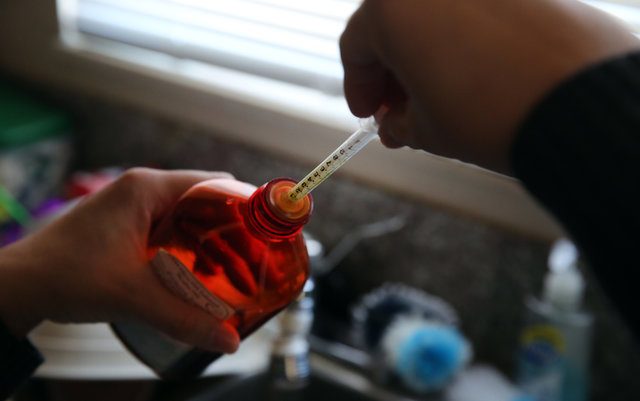The Arizona Supreme Court recently made an important decision regarding whole plant cannabis medicine. In a unanimous ruling, the lawmakers hold that cannabis extracts meet the legal requirements to be considered medicine under the state program, according to a story from the Phoenix New Times. The recent ruling should set a precedent in the state, and protect both the rights of dispensaries to sell concentrates in stores and the rights of patients to possess them.
“We hold that Arizona Medical Marijuana Act’s definition of marijuana includes both its dried-leaf/flower form and extracted resin, including hashish,” the court stated in the ruling.
Unfortunately, the war on drugs is rarely free from casualties. In 2013, Rodney Jones was arrested for possessing a small amount of hashish in a jar, despite the fact that Jones was a valid, card-carrying medical cannabis patient. Jones was sentenced to 2 ½ years in prison. It is unclear how much time Jones served in total, but it was a least a year, according to the New Times – and for possessing something that was sold in medical dispensaries throughout Arizona.
In 2018, Arizona courts ruled that cannabis extracts were still illegal, even though they were being sold all over the state. This ruling was seen as a confirmation that Jones’ conviction was legitimate.
Finally, the courts did the right thing here in 2019. This ruling ensures that vape-pen cartridges, hash, wax, edibles, tinctures, and topicals are not going to be banned in Arizona, as some were concerned about. Additionally, Jones’ record will reportedly be expunged, but he’ll never get back the time he illegitimately spent behind bars for possessing something that is supposed to be legal.
“The court got it right. Today’s ruling means that qualifying patients no longer have to fear being prosecuted for using their medicine in the form most helpful,” said a spokesperson for the ACLU.
There are over 170,000 qualified medical cannabis patients in Arizona, and concentrates make up around 40 percent of the total medical cannabis market in the state. Jones is not the only patient – or patient’s family – who was unjustly arrested or threatened by law enforcement for legally possessing a cannabis product. In 2013, police and prosecutors doubled down on enforcement of illegal cannabis possession. In 2014, parents of a boy with a rare form of epilepsy won a court case that resulted in a ruling that said administering cannabis tincture to their son should be legal.






